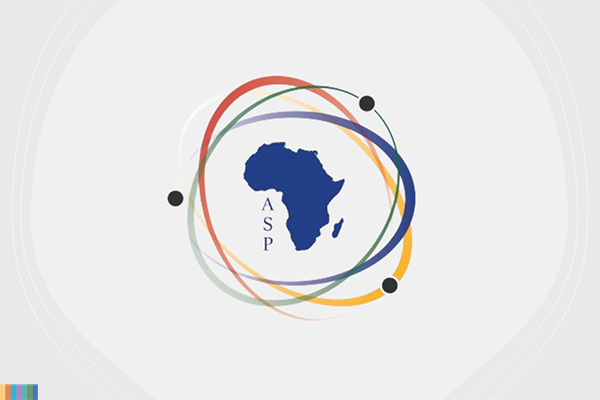Empowering the Next Generation: African Students Explore Global Research Pathways with Prof. Carsten Welsch

In a landmark African School of Physics (ASP) Online Seminar on 25 February 2025, over 200 live attendees from across Africa and beyond joined Professor Carsten P. Welsch, LIV.INNO Director and Head of the QUASAR Group at the University of Liverpool, for a dynamic and practical discussion on international research funding and career development for early-career scientists. With more than 500 registered participants, the event highlighted the growing demand for structured, accessible training routes that support African researchers in science and engineering.

Participants at the ASP online seminar.
Professor Welsch, an expert in accelerator physics and former Head of the University of Liverpool’s Physics Department, brought decades of experience coordinating large EU research networks to the session. His message was clear: “International collaboration, early exposure to interdisciplinary environments, and proactive networking are key to building a successful research career.”
The seminar focused on the critical role of structured training programmes in empowering researchers to thrive in both academia and industry. Referencing very successful models such as the European Union’s Marie Skłodowska-Curie Actions (MSCA) and the UK’s Science and Technology Facilities Council (STFC) Centres for Doctoral Training such as LIV.INNO, Professor Welsch emphasized cohort-based training, cross-sectoral exposure, and international mobility as essential elements of modern scientific education.
He showcased a series of doctoral networks, including AVA (antimatter research), OMA (accelerators for cancer therapy), and EuPRAXIA-DN (plasma accelerator R&D), that offer African students fully funded PhD opportunities, hands-on lab experience, and strong industry links. “These programs aren’t just about research,” he said. “They equip you with the diverse skill set needed to lead in science, whether in the lab, in startups, or in policy.”
The seminar was highly interactive, with participants raising questions about scholarships, postdoctoral opportunities, and the challenges of gaining international exposure. Professor Welsch provided practical strategies, from crafting compelling application letters to finding positions via trusted platforms such as EURAXESS, which offers thousands of research vacancies and guidance for mobility across Europe.
A key takeaway was that quality matters more than quantity. “For postdoc applicants, strong, well-aligned publications and a clear research vision will take you further than just stacking your CV,” Professor Welsch said. He also reassured older researchers and career changers that many fellowships, particularly within MSCA, have no age limit, prioritizing potential and relevance over age.
Beyond technical skills, Professor Welsch urged participants to find mentors, build peer networks, and engage with the research community through conferences and collaborative platforms. He stressed that international research careers are not built in isolation: “Join summer programs, reach out to labs, volunteer in your university—every step builds your confidence and opens new doors.”
One inspiring example was that of Miha Červ, a former fellow in the AVA network, who leveraged connections made during his PhD to transition into the field of medical accelerator technology from his research in fundamental science; an illustration of how integrated training programs can set the stage for impactful careers.
With Africa’s research ecosystem evolving rapidly, the seminar served as both a knowledge-sharing forum and a rallying call for collaboration. Professor Welsch’s seminar did more than inform, it inspired. His final message was a call to action: “Use the tools, platforms, and programs available to you. The future of global science will be shaped by diverse voices, and yours needs to be one of them!”
As interest in international fellowships and training intensifies, initiatives like this ASP seminar play a crucial role in connecting talent with opportunity, and in ensuring that the next generation of researchers is equipped to solve global challenges – in collaboration.
For further information and to access the recording of the seminar, please visit: https://indico.cern.ch/event/1514388/